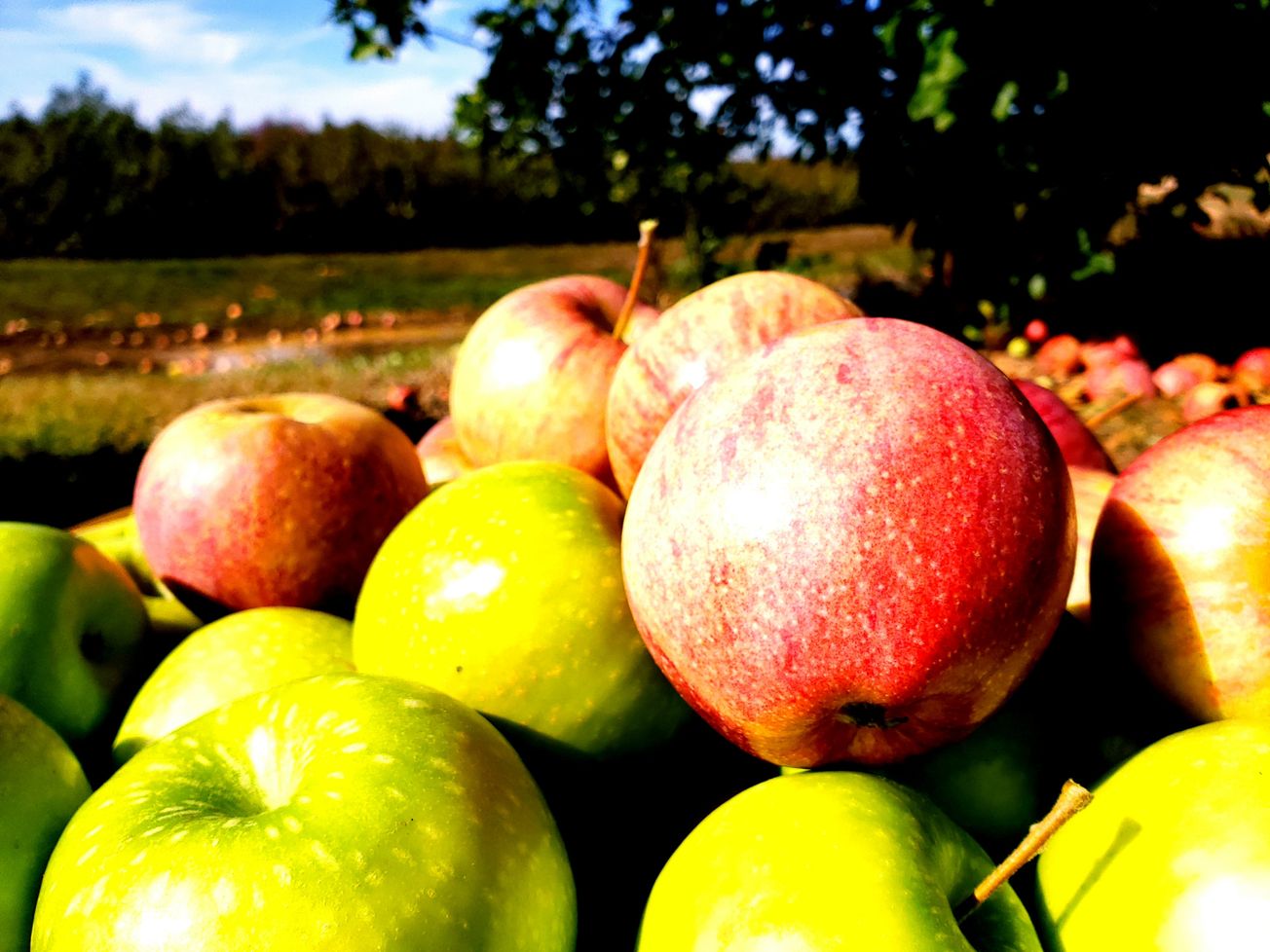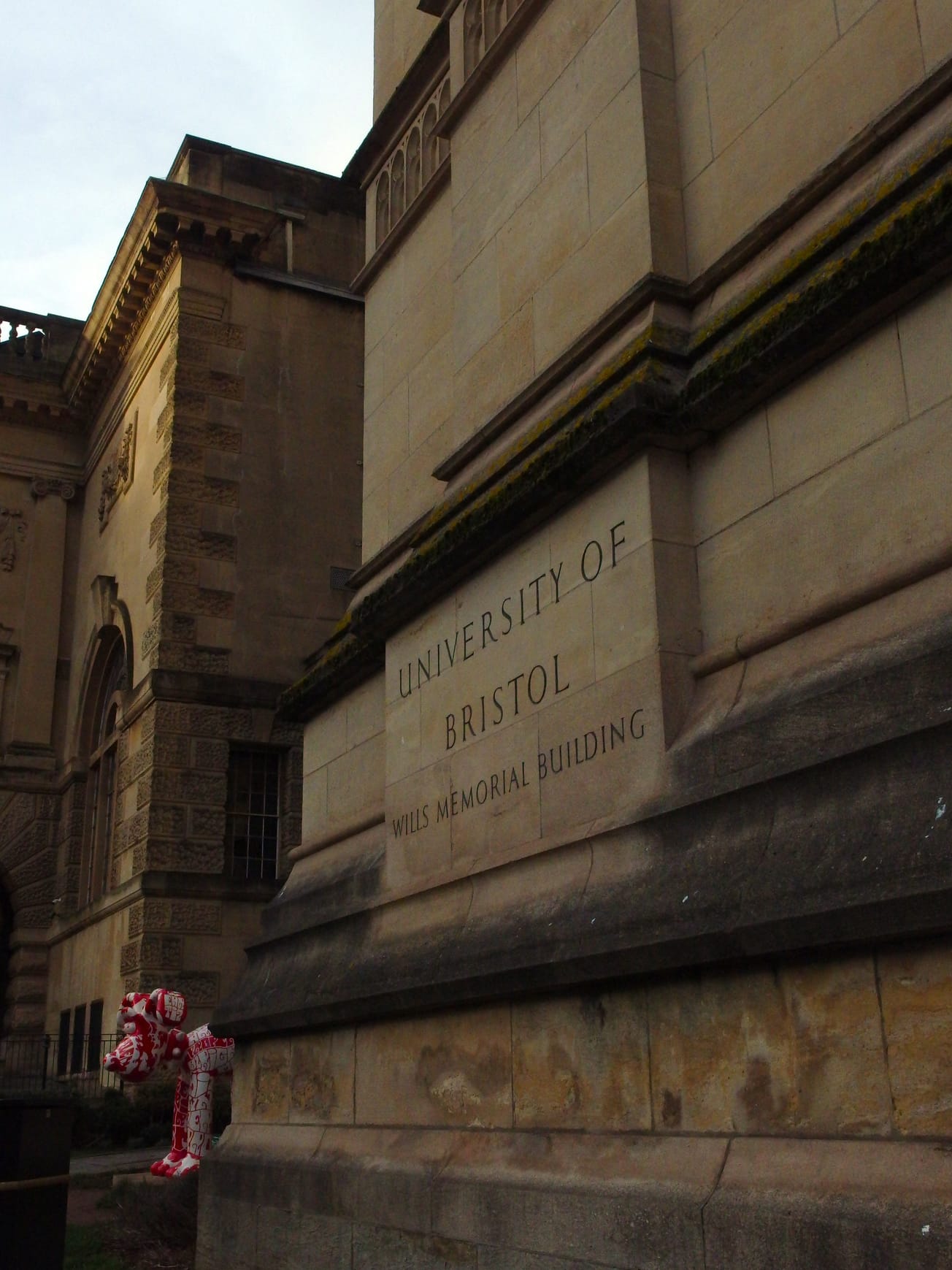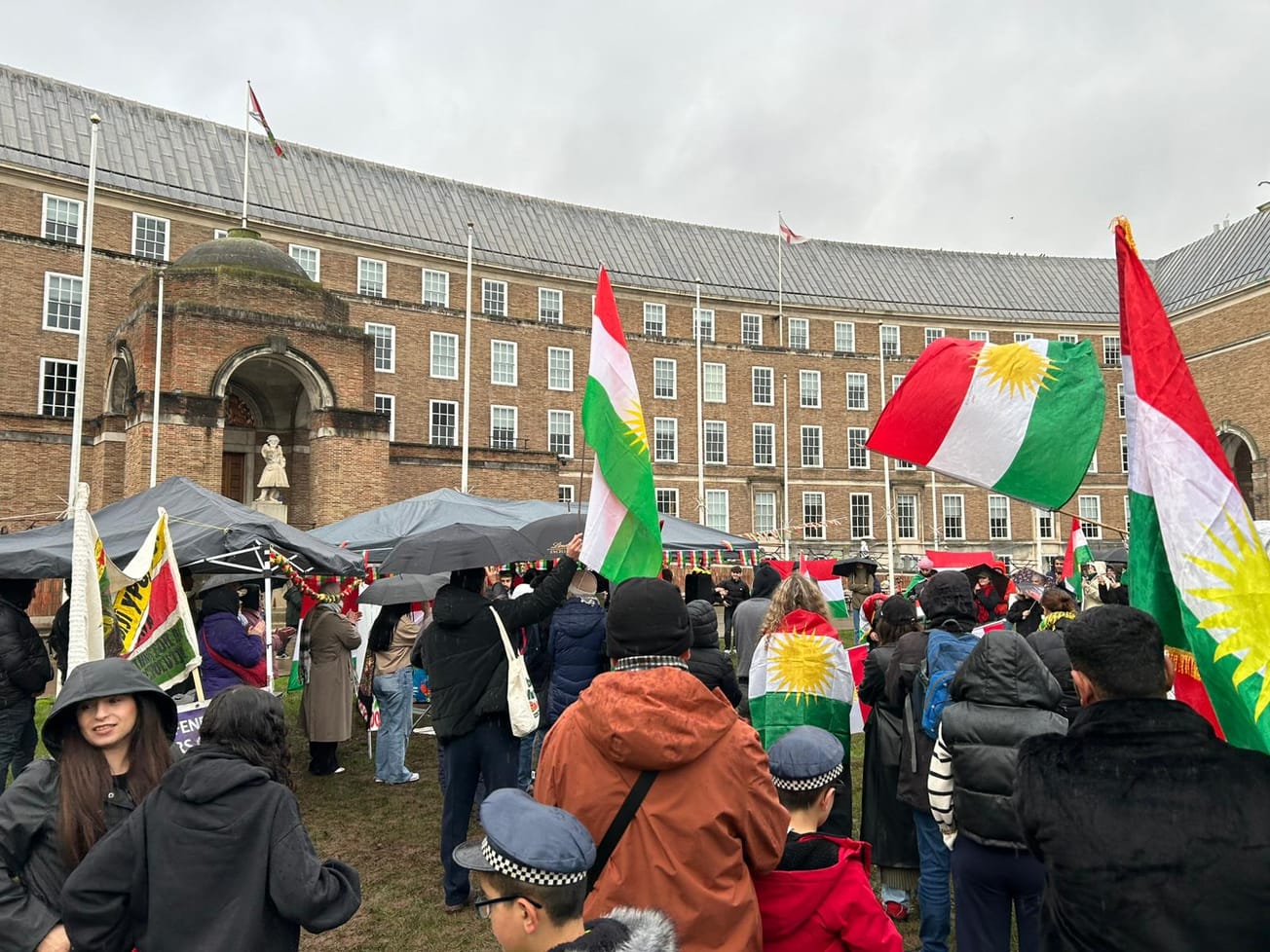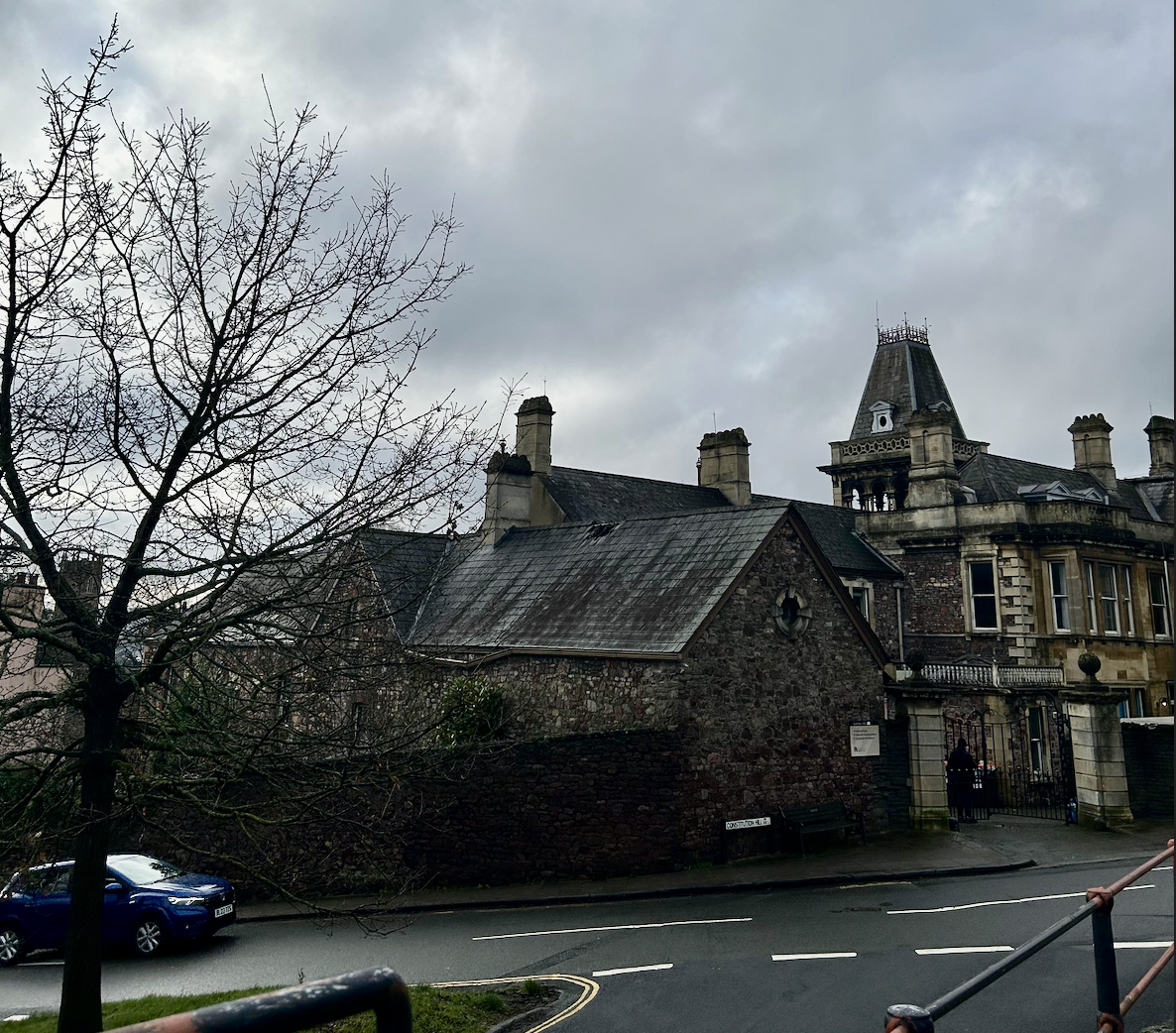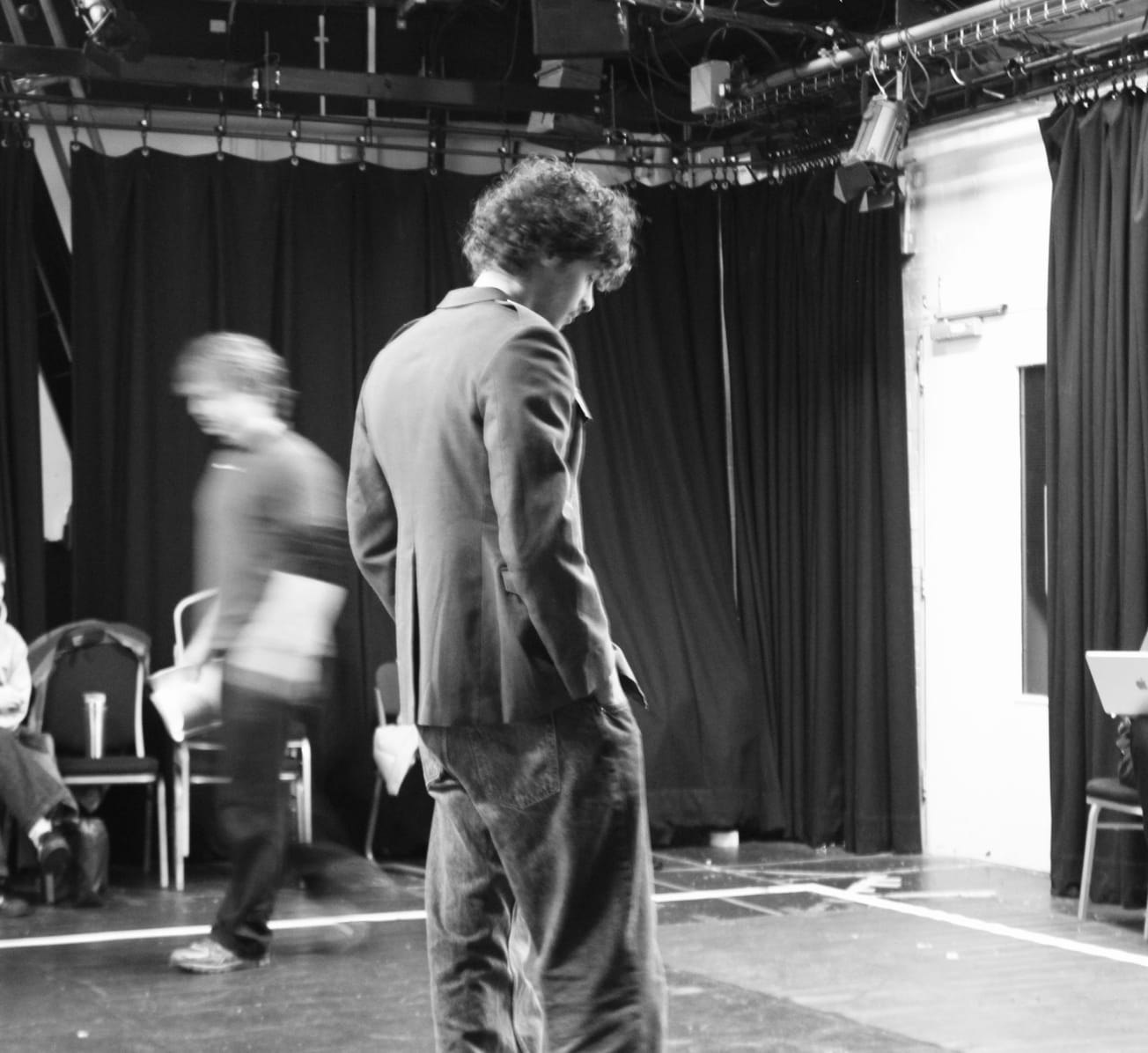By Edward Deacon, SciTech Digital Editor
The West Country is known for its love of cider, and researchers at Bristol University are taking no exception to this. In collaboration with Thatcher’s Cider in Somerset, a team from the School of Biological Sciences are trying to understand what makes the best cider.
The team, led by Professor Keith Edwards, are using genotyping – a process that compares the DNA of different samples to find differences in genetic make-up – to identify different varieties of cider apples, and the traits they bring when making cider.
To find the best possible apple varieties, the project is seeking to catalogue as many apple trees as possible. Having sampled many known varieties of apple trees from Thatcher’s Heritage Orchard, the project is moving onto its next stage.
This stage involves genotyping unknown varieties, and researchers are therefore asking people in the local area to send in leaves from apple trees in their gardens, allotments and other surrounding areas.
Prof. Edwards explains that ‘to identify ‘unknown’ apple trees we need help from the local community. We want to ask people in the Bristol area, who have apple trees they don’t know the name of in their garden, to collect a few leaves and send them to us.’
Once the samples have been identified, ‘people will be able to find out what their tree is [sic] if it [sic] a named variety’.
Could three Bristol graduate’s LettUs Grow sow the seeds for a Second Green Revolution?
Bristol engineers help make Nepal’s schools earthquake-resistant
The Bristol Centre for Agricultural Innovation are funding the project, and hope that by genotyping a large swathe of apple trees they could develop disease resistant and higher-quality cider apple varieties in the future.
Last year the team of researchers identified the previously lost parentage of a collection of local cider apple varieties known as ‘The Girls’. This allowed them to be planted again for cider production on a large scale.
‘The Girls’ were first bred at the Long Ashton Research Centre – created in 1903 to study and improve the West Country cider industry – and became part of the University in 1912, though it closed in 2003.
The UK hosts over 500 cider makers which employ over 10,000 people, many of whom are in the West County. The cider sector was worth £3.1 billion with exports in 2019, and accounts for 38% of the global cider market.
Featured: Unsplash
Do you want to send in leaves to help find out the perfect cider?

